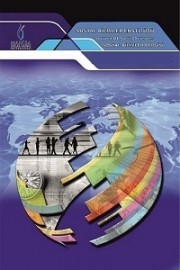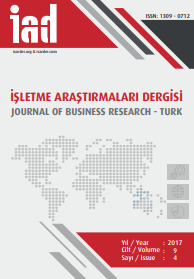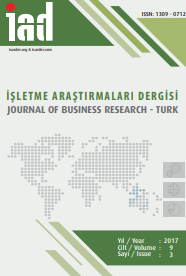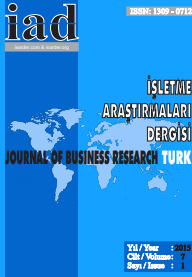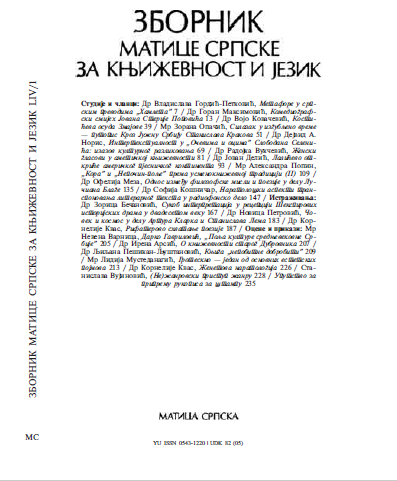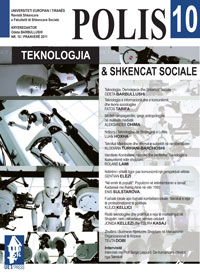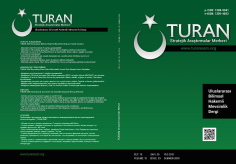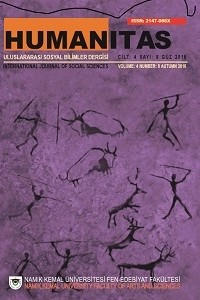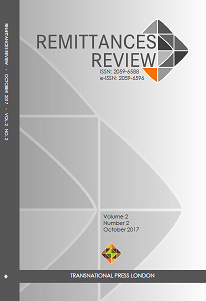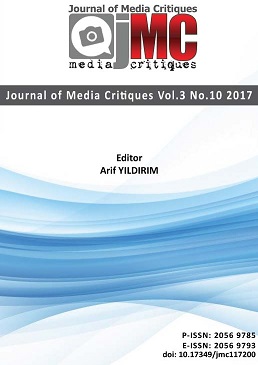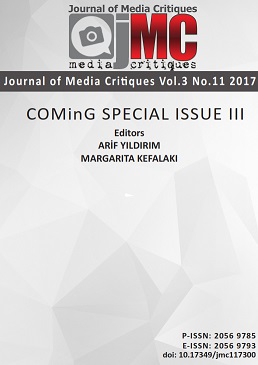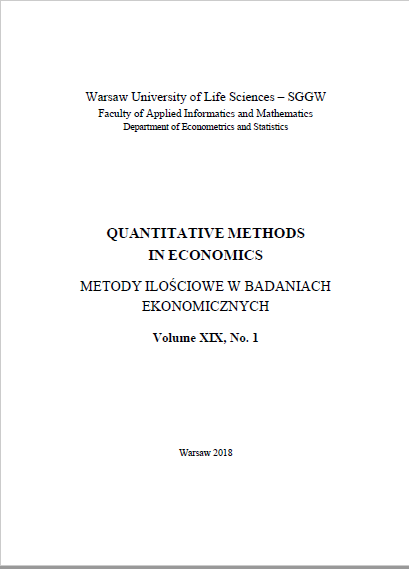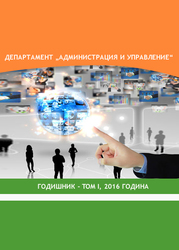
On IPR – Aspects of Open Innovation Concepts for Industry 4.0
After two decades of decline of the secondary sector, politicians, business leaders and scientists recall the role of the industrial sector as a key driver of research, productivity, and job creation. Consequently, many manufacturing initiatives have been started recently all over the world, driving for re-establishing and regaining an industrial share in the economy. A very promising approach seems to be the fusion of the virtual and the real world leading to concepts of smart production and logistics which has recently been referred to as “Industry 4.0”.While there various legal issues emerging with Industry 4.0 (e.g. protecting corporate/personal data, liability, or trade), research has so far been less focused on its challenges to nowadays’ system of IP protection: Industry 4.0 implies a new-scale mass data absorption techniques which are capable to infringe intellectual property rights of various kinds.The legal dimension of Industry 4.0 itself has been only roughly mapped so far, but a very similar and equally unregulated phenomenon has been already quite some time in practice under the notion of open driven innovation: Here, also the data provided by users in virtual communities in form of comments, feedbacks, recommendations on the web are touching various intellectual property issues and can cause an eventual infringement of protected rights. In this case, the voluntary contributors’ interest in a share of the profit generated on base of their innovation has been regulated in detail many decades ago in form of employee’s invention law balancing between the user’s and the manufacturer’s interest by keeping access to these data as free as possible. In the context of Industry 4.0, the related legal transactions go beyond these user-driven innovation concepts, as data is not provided and/or used/processed by the users themselves, but autonomously by the IT systems.Estonia as a transition economy with a small population coped until now with the Industry 4.0 related challenges well by focusing on innovation, improving the ICT infrastructure and evolving the e-governmental service portfolio. Until now several international studies attest Estonia high rankings and performance in innovation and Industry 4.0 readiness. But the stronger roles of internet and networking in Industry 4.0 spur the trend to extend the source of innovation from company-run research departments towards open and user driven innovation models which is closely linked with the above mentioned IPR issues and utility models. The paper will thus highlight how Estonian companies will deal with these topics and how open innovation concepts for Industry 4.0 can be used by SMEs in order to benefit from the new business opportunities.
More...
